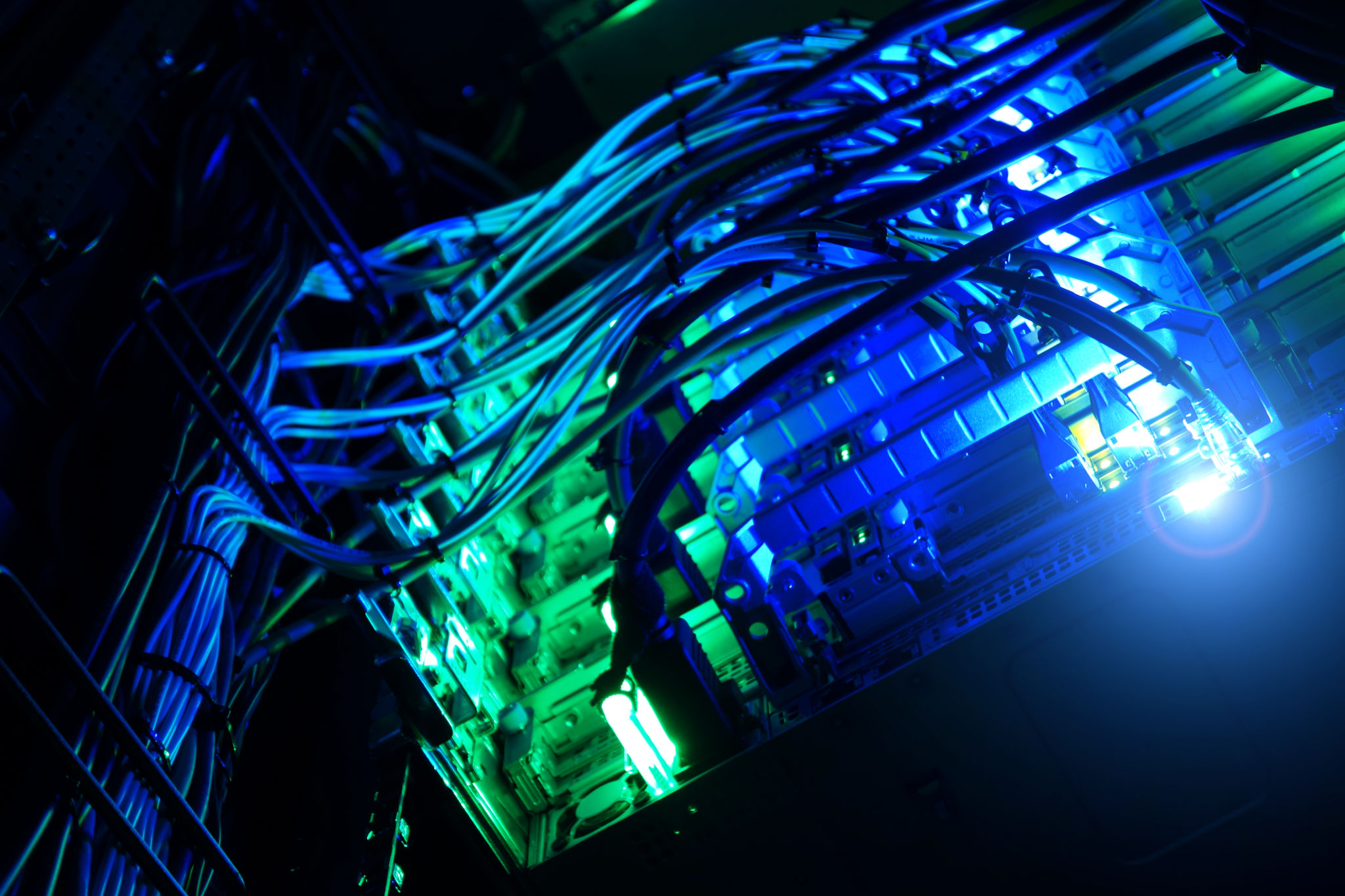A Comprehensive Guide to Datacenter Management for Maximum Efficiency
In today's digital age, data centers play a crucial role in supporting business operations. As organizations rely more on cloud computing and big data, efficient datacenter management becomes essential for maintaining performance and reducing costs. This guide will explore the key components of effective datacenter management to help you achieve maximum efficiency.

Understanding Datacenter Infrastructure
Datacenter infrastructure is the backbone of any IT environment. It includes hardware components like servers, storage systems, and networking equipment. Proper organization and maintenance of these components are vital for ensuring smooth operations and minimizing downtime.
To optimize your infrastructure, consider implementing a structured cabling system. This approach allows for easier management and scalability, reducing the risk of errors during upgrades or troubleshooting. Additionally, regular hardware audits can help you identify aging equipment that may require replacement.
Energy Efficiency and Cooling Solutions
Energy consumption is a significant concern in datacenter management. Implementing energy-efficient technologies and practices can lead to substantial cost savings. Consider using high-efficiency power supplies and implementing server virtualization to reduce the number of physical machines required.

Cooling systems are another critical aspect of energy efficiency. Optimizing airflow and using advanced cooling technologies, such as liquid cooling or in-row cooling, can significantly reduce energy consumption and improve overall performance.
Implementing Robust Security Measures
Security is paramount in datacenter management. Protecting sensitive data and maintaining compliance with industry standards requires a comprehensive approach. Implementing strong access controls, encryption, and regular security audits can help safeguard your infrastructure.
Disaster Recovery and Business Continuity
Having a robust disaster recovery plan is essential for minimizing downtime and ensuring business continuity. Regularly back up critical data and test your recovery procedures to ensure they work effectively in the event of a failure. Consider utilizing cloud-based solutions for additional redundancy and flexibility.

Monitoring and Automation
Effective datacenter management involves continuous monitoring of systems and processes. Utilize monitoring tools to track performance metrics and identify potential issues before they become critical. Automation can further enhance efficiency by allowing routine tasks to be handled without manual intervention.
Consider implementing automated provisioning and configuration management to streamline operations. These practices can reduce human error and free up IT staff to focus on more strategic initiatives.
Staff Training and Development
Investing in staff training and development is crucial for maintaining a well-managed datacenter. Ensure your team is up-to-date with the latest technologies and best practices. Regular training sessions and certifications can enhance their skills and improve overall productivity.
By focusing on these key areas, you can optimize your datacenter management for maximum efficiency. Implementing best practices and staying informed about industry trends will ensure your datacenter remains a reliable and cost-effective asset for your organization.